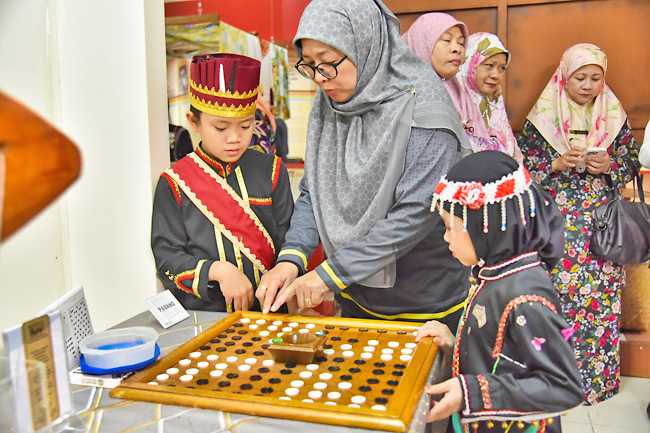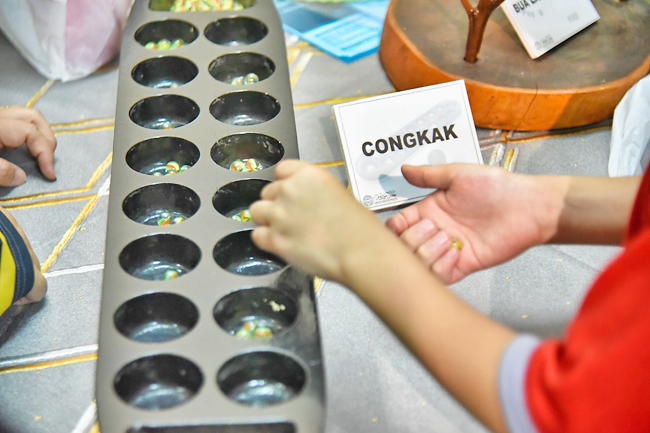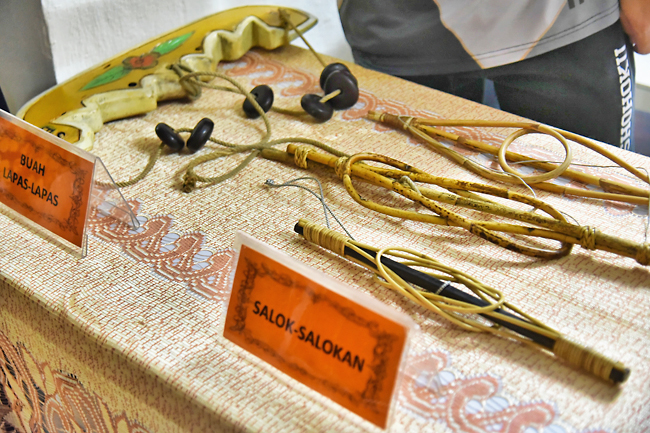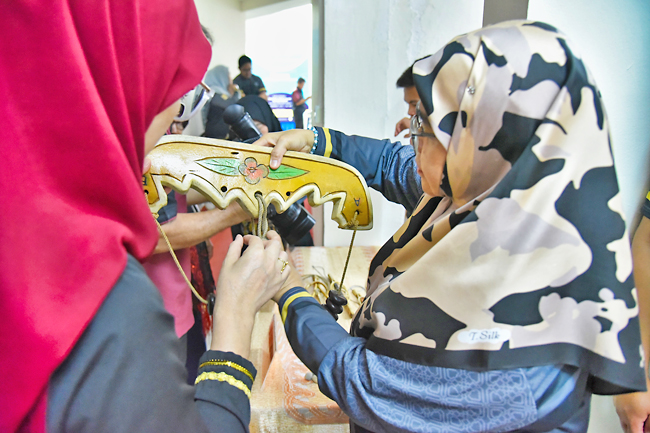In today’s fast-paced, technology-driven world, traditional games risk being forgotten.
These traditional games play a vital part in the nation’s cultural heritage. In the past, these games were used as tools for teaching important life skills, such as strategic thinking, patience and community cooperation, while also fostering social bonds.
It is because of its cultural importance that initiatives, such as the Mettae Belait Kitah programme by the Belait District Museum, always place an emphasis on these traditional games which were, and still is, played during communal gatherings, festivals and family events.
The recent Mettae Belait Kitah, or ‘Know Our Belait’ programme when translated from Bahasa Belait, promoted the cultures and traditions of the ethnic groups in the Belait District. This included many of the popular games played in those communities.
This include the unique Bruneian game of pasang, the more widely played congkak and puzzle-solving challenges such as buah lapas-lapas and salok-salokan.
Pasang in particular is often promoted by the Museums Department among schoolchildren, and there are often opportunities for curious individuals to learn the two-player strategy board game through roadshows and events such as Mettae Belait Kitah.
Congkak, also played in Malaysia and Indonesia is also often promoted. The Bruneian variant has 16 holes used for moving around pieces, as oppose to 14 holes in other countries.
Buah lapas-lapas, as described by the Belait museum, is a Dusun traditional game. It is a puzzle game involving moving wooden balls through knots and twists along a string, from one end to another end of a board. Salok-salokan on the other hand, involves threading a string through an elaborately designed loop.
In the present day, these games serve as a bridge between generations, maintaining its timeless role to connect communities through the simple joy of playing games together. – Daniel Lim























































